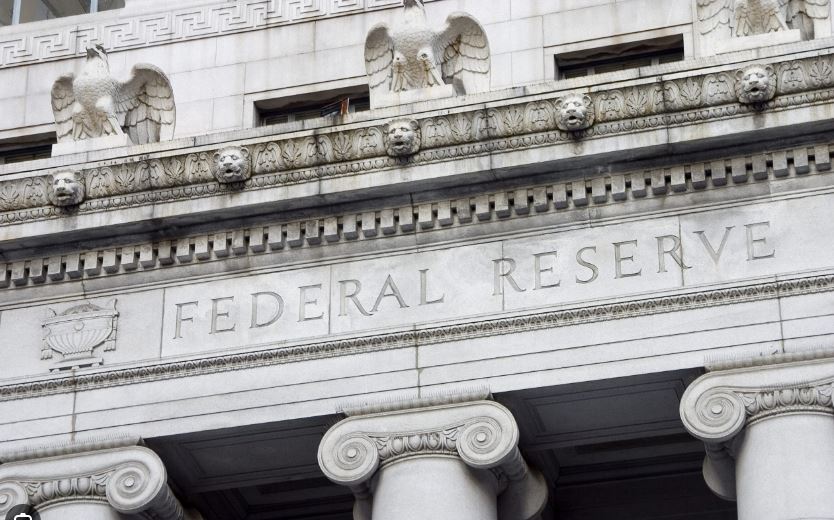# GLOBAL NEWS
In the past few hours, significant developments have emerged across various sectors, including economic forecasts, corporate strategies, and geopolitical tensions. This article highlights key events from the United States, Europe, and Asia, providing an overview of the current global landscape.
## US
The U.S. economy continues to grapple with various challenges as President Trump faces scrutiny over his administration’s economic policies and their implications. A federal judge ruled that Trump cannot deploy the National Guard to enforce laws in California, a decision that reflects ongoing tensions between state and federal authorities. Meanwhile, hundreds of economists have rallied to defend Federal Reserve Governor Lisa Cook, who is embroiled in a legal battle against Trump’s efforts to dismiss her, citing concerns about the independence of the Fed.
In corporate news, Kraft Heinz announced a significant restructuring plan to split into two publicly traded companies, reversing a merger that was once heralded by Warren Buffett. This decision comes amid disappointing performance metrics, with shares of the company falling sharply. On the technology front, Salesforce is under pressure from investors to accelerate growth, particularly through its new AI-driven customer service tool. The company’s performance will be closely watched as it prepares for its upcoming earnings report.
Amid these developments, the stock market reacted negatively, with tech shares experiencing declines as Treasury yields climbed. The yield on 30-year Treasuries approached 5%, indicating investor caution as they prepare for a potentially turbulent economic landscape. Additionally, consumer sentiment remains fragile, with reports indicating that households earning between $50,000 and $100,000 are cutting back on spending due to rising inflation and economic uncertainty.
## EUROPE
In Europe, economic indicators are sending mixed signals as inflation in the Eurozone rose to 2.1% in August, prompting speculation about the European Central Bank’s next moves. Analysts expect the ECB to maintain its current interest rates amid concerns of economic stagnation across major economies. Germany’s economy is particularly under pressure, with rising unemployment and inflation causing worry among consumers and businesses alike.
The political landscape is also turbulent, with France’s Prime Minister facing a confidence vote that could destabilize the government amid economic woes. The ruling has already impacted the stock market, with the CAC 40 index dropping significantly. Meanwhile, the UK is experiencing a financial sell-off, with long-term borrowing costs hitting their highest levels since 1998, raising concerns about fiscal stability.
In corporate news, Nestlé is undergoing a leadership transition after the abrupt firing of its CEO over a breach of conduct, further complicating the company’s strategy in a competitive market. Additionally, the European Union is moving to eliminate tariffs on U.S. industrial goods, signaling an effort to reset trade relations amid ongoing tensions with the U.S. over tariffs on automotive imports.
## ASIA
Asia is witnessing a mix of economic recovery and political maneuvering. China’s manufacturing sector showed signs of resilience, with factory activity expanding at the fastest pace in five months, according to private surveys. This growth is attributed to a recovery in new orders and export demand, which could bolster confidence in the Chinese economy as it navigates ongoing trade tensions with the U.S.
In geopolitical developments, leaders from China, Russia, and India convened at the Shanghai Cooperation Organization summit, pledging to deepen trade ties and cooperate on various fronts, including energy. This comes amid U.S. tariffs on Indian imports, which have strained relations between Washington and New Delhi. India has challenged these tariffs at the World Trade Organization, highlighting the ongoing trade disputes affecting the region.
Additionally, the aftermath of a devastating earthquake in Afghanistan has left over 1,400 people dead, complicating the humanitarian response as rescuers struggle to reach remote areas. The disaster underscores the region’s vulnerability to natural calamities, further exacerbated by ongoing political instability.





